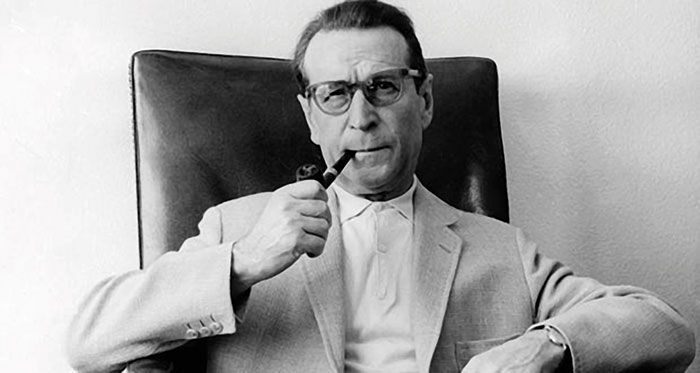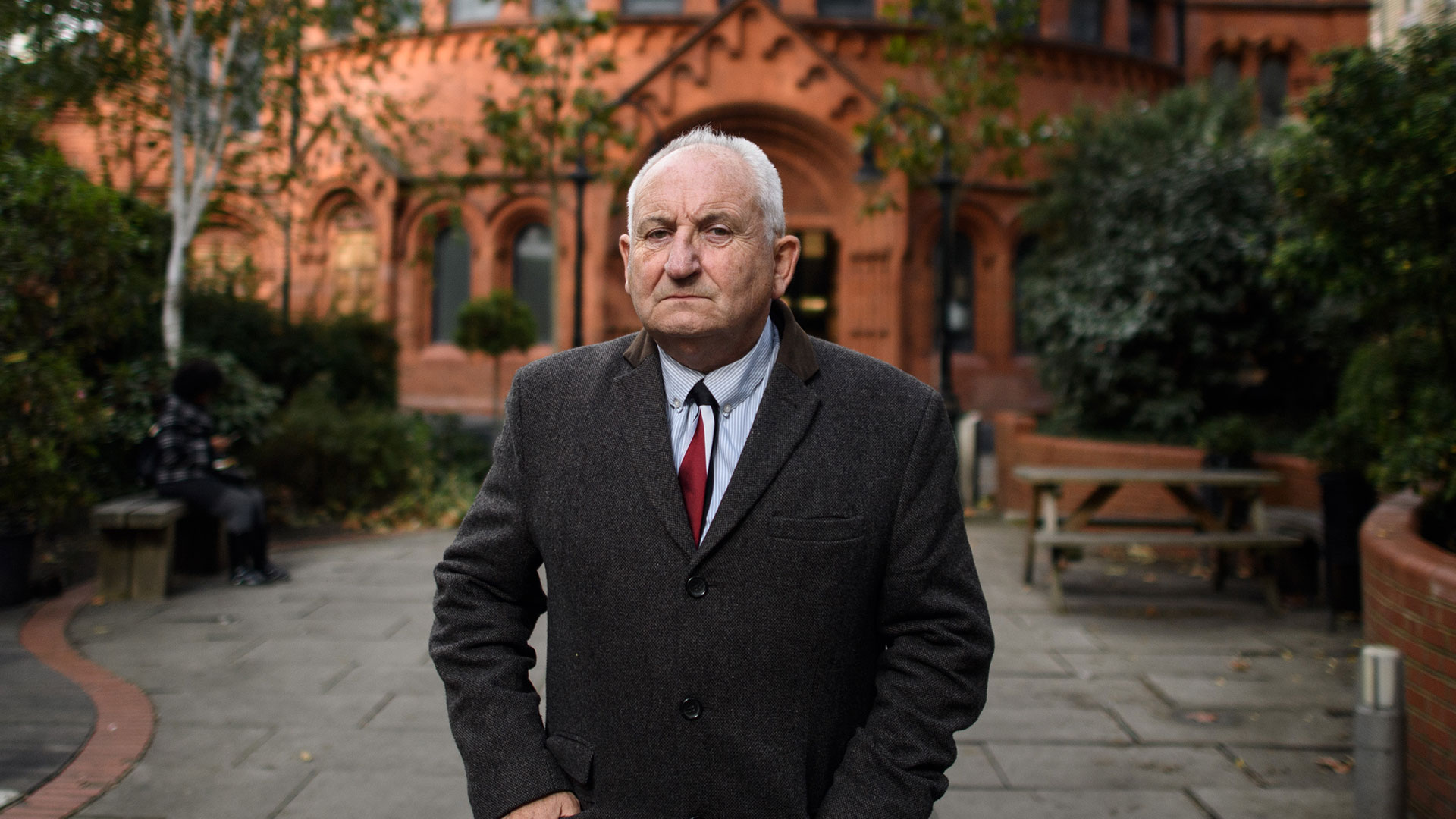In the early 1990s I would trawl through second-hand bookshops looking for the green and distinctive covers of Penguin crime books. I was after the works of Georges Simenon, who had invented the detective Jules Maigret in the early 1930s. I could, in some obscure junk shop pick them up for 30p each, at times never paying more than 50p.
Then I would try Charing Cross Road in London’s very centre, and the centre of the city’s second-hand bookshop trade. To my dismay you’d have to pay up to a few quid a copy. And pay I did because I had individually, with the aid of no degree in analysing Simenon’s work, picked up my own take on this sleuth.
I discovered things that later I found out to be true. That what Simenon’s detective was fascinated with was people. And how they came to do what they did. This was not the usual struggle to ascertain justice. This was an investigation into thinking itself. Into rational and irrational thought.
At the time I was struggling under a mighty self-imposed weight. We had started The Big Issue a few years before and we were spreading all over the world. But the work we were doing was to do with the emergency of homelessness, when the people we met were riven with problems. They had often been abused, adding self-abuse to the reasons why they were down and out.

We acted like an A&E department. We were mopping up problems that were the failings of government, problems often caused by inept government programmes.
There was great satisfaction knowing that “a hand up not a hand out” was helping people to improve their lives and win them some sense of their own involvement in their own lives. They were not simply the recipients of help but able to grow personally. You would meet defeated people one month and a few months later you would meet sellers, marketers, confident and assured. They had their own money got by their own efforts. And it made many of them feel proud.









